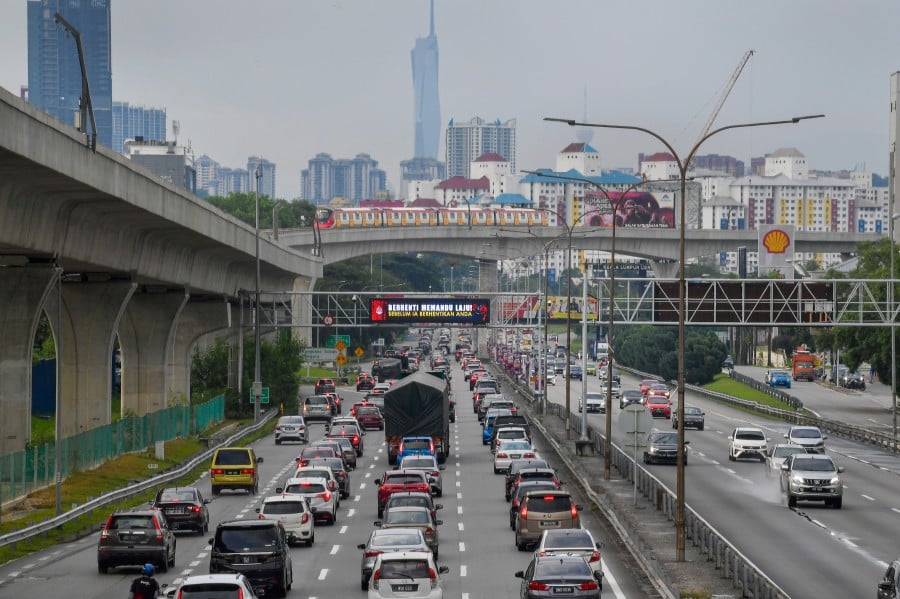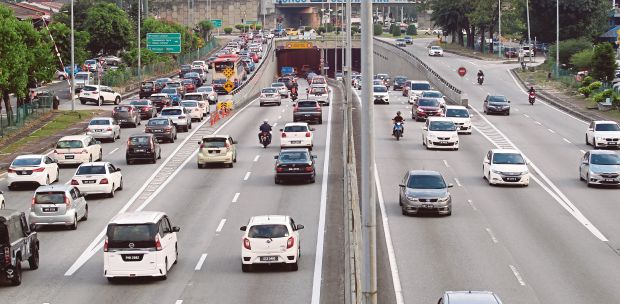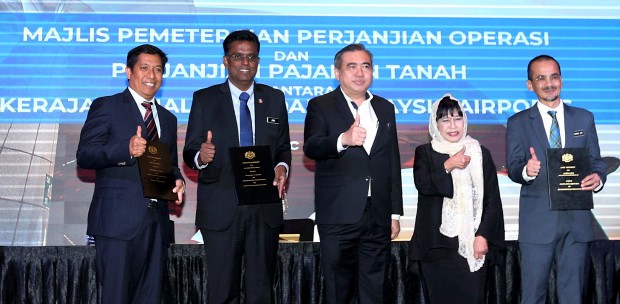I APPLAUD the cabinet's decision to cancel the PJD Link project, which is vehemently opposed by local residents.
The people have taken a firm stand since 2013 when they opposed a similar highway, the Kinrara-Damansara Expressway. It was eventually cancelled by the Selangor government.
In 2017, the Petaling Jaya Dispersal Link, or simply PJD Link, emerged. This is the highway that was rejected by the cabinet on Wednesday on the grounds of not meeting pre-qualification criteria.
Amid the euphoria and joy of others in Damansara, I pondered whether this was a bizarre decision. After seven years, the concessionaire still has not met the pre-qualification criteria in the concession agreement signed with the government in 2020.
If this is the actual situation, then the cabinet's rejection of a request for an extension of time to meet those criteria is justified.
But I also believe that as a government that acts fairly and is people-friendly, the cancellation should be based on the reasons why the people had opposed the project. Many residents' associations said the environment would deteriorate in the highway areas.
Elevated highways in urban areas inevitably lead to property destruction and devaluation and fail to solve traffic congestion. There is no economic benefit to be gained from facing a 40-foot high flyover in front of our homes.
Highways will only add more private vehicles and worsen traffic congestion. This has been proven many times, especially in major cities.
Kuala Lumpur and Petaling Jaya have the most extensive highway networks in Malaysia, but these areas are also among the worst affected by daily traffic congestion.
So what truth is there to claims that highways alleviate congestion?
It is time the government acted fairly by taking firm action. It should no longer allow urban areas, where land is expensive, to be used solely for highways. Such land (such as in PJ South, for example) can be used to build homes for people.
What's the point of having a highway next to homes if the people around it are still struggling and living in dilapidated houses with no land rights?
Housing issues in urban areas must be addressed by the government, not by highways that bring no benefits to local residents.
For the next step, the government should provide more public transportation services. It still has the opportunity to conduct new studies to increase the quantity and capacity of public transportation, which is currently very low in terms of usage.
Many areas and districts that serve as routes to highways still do not have a regular and effective public transportation system.
This is a golden opportunity for the government to be more caring and to look at people's problems more closely, rather than from the perspective of highways.
Rosli Khan
Petaling Jaya, Selangor





